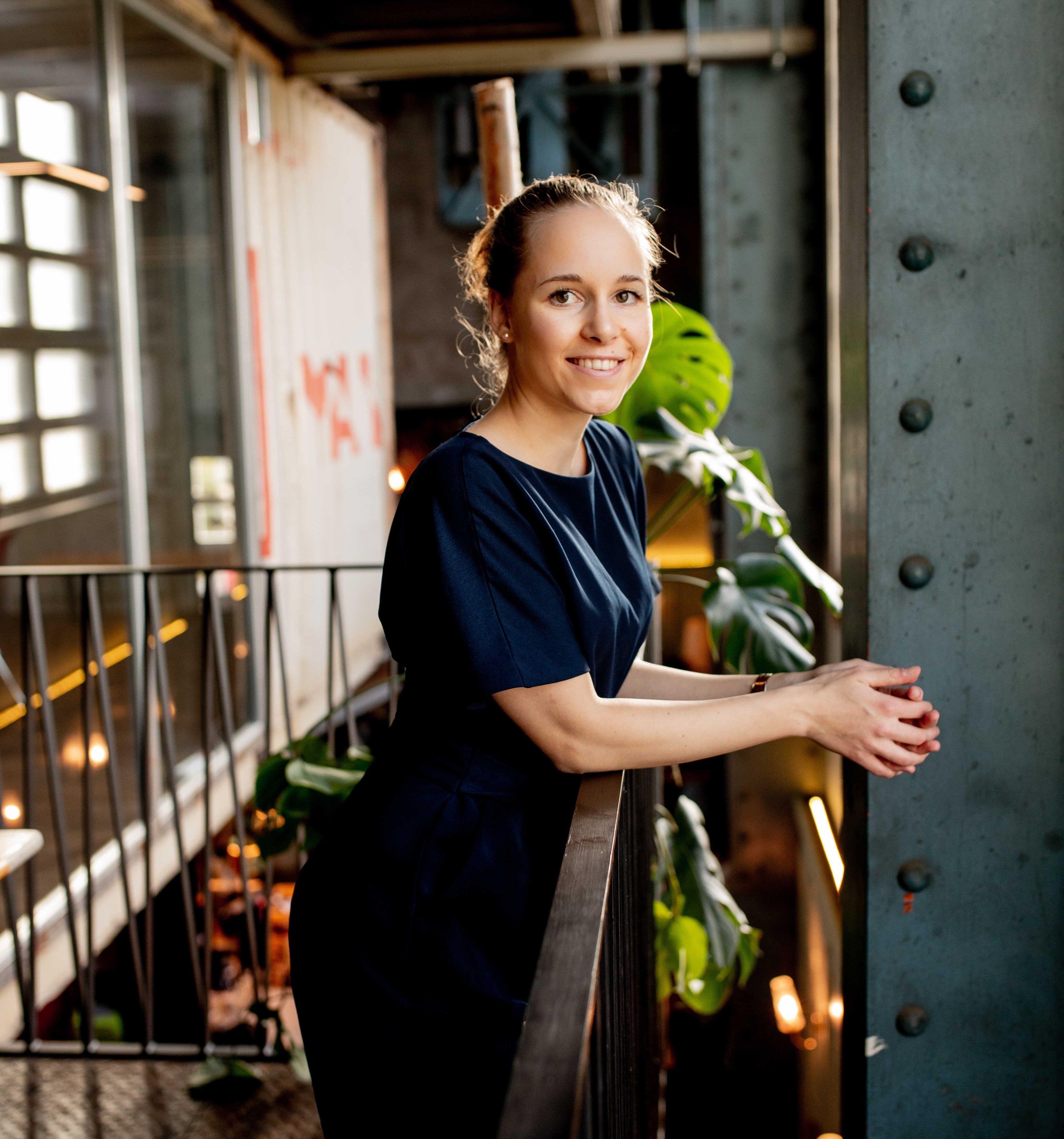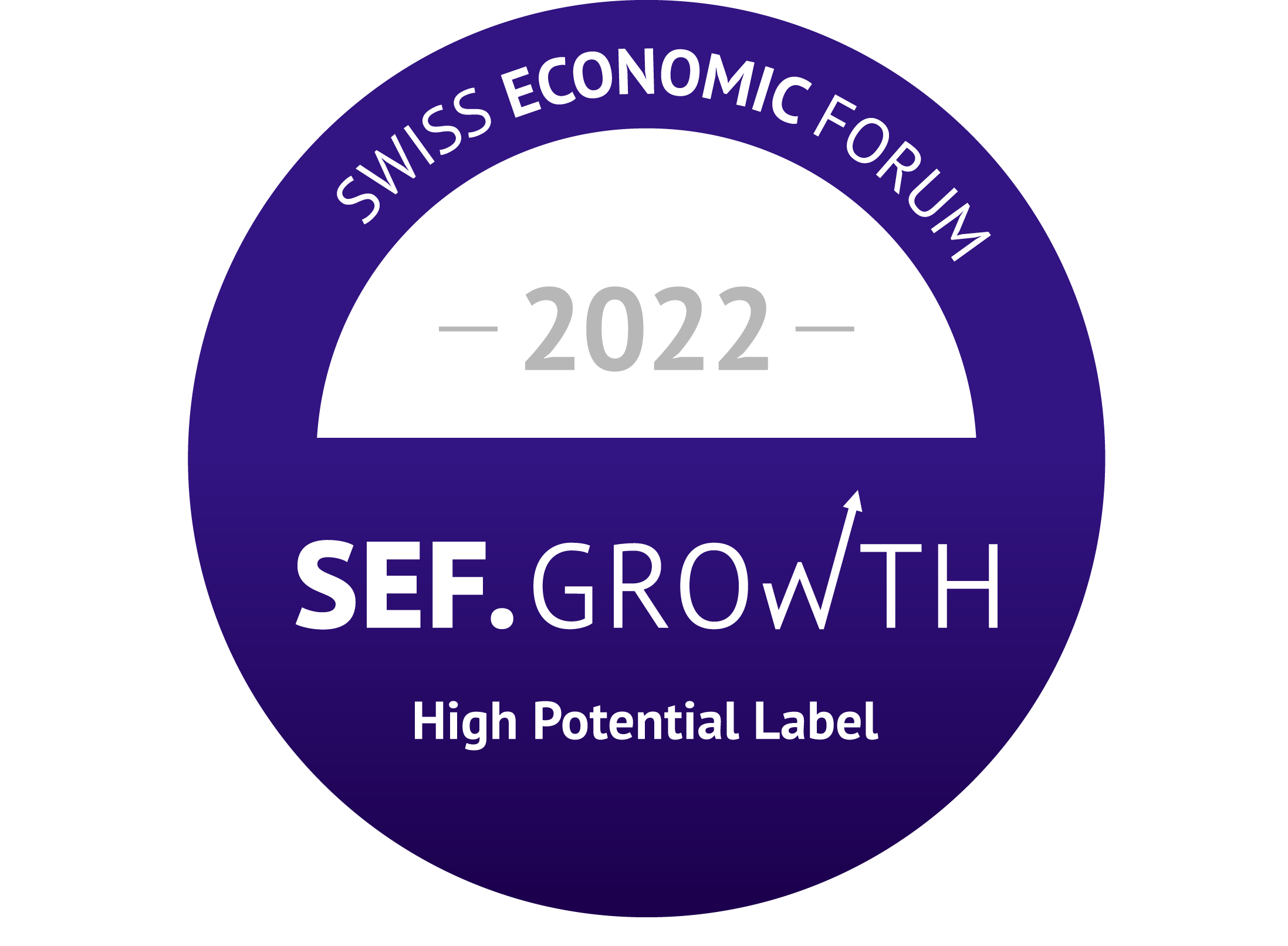The E-Commerce Community Builder
People are more likely to convert into buying customers if they get high value for their money and feel like being part of something special. Simultaneously, brands are looking for ways to sell with minimized scattering losses and build loyal communities. Digt AG does justice to all these needs.
Digt SA
24 November 2022
Driving sales within communities is proven to be highly effective because the members get value from both the products and the community. Now imagine these communities additionally weren’t public. Would members feel like something special? Hell, yes. Would members realize that they get to experience and benefit from something exclusive? For sure. Would members be proud to be part of it? Most likely it’s a yes for this one, too.
It’s a win-win-win situation
Such so-called closed communities are the core of Digt’s business model. It has allowed Digt to grow fast and create a setup where all stakeholders can profit: Brands are able to strengthen and grow their communities, suppliers can run targeted sales campaigns, and customers get access to the best offers. For Digt this enables monetization in multiple ways.
Three Revenue Streams
At Digt, the revenue is currently created in three different ways:
- Product Revenue: This corresponds to the classic e-commerce revenue, where users buy products and services on a platform. For Digt the low margins function as marketing expenses for community growth.
- Marketing Revenue: Digt offers its suppliers to run affiliate campaigns and buy advertisement spots. This constitutes a high-margin revenue stream for Digt.
- PaaS (Platform as a Service) Revenue: Digt is providing selected partners a white label solution with a fully customized product and service offering for their community.
Example: 20 Minutes platform in a nutshell
To make this more concrete, let’s walk you through a specific case:
The news platform 20 minutes commissioned Digt to create “MyShop 20min” for their community of readers. The goal is to have new users register as well as tie the existing community closer to the brand 20 minutes by bringing exclusive offers to them and therefore creating additional value. Digt creates this platform in the CI of the partner as a white-label solution and gates it to only be accessible for the specific community.
Complexity and growth handled well
Within three years, Digt has built six platforms for six industry leaders, attracted 300’000 active users, sold 1 million items from 600 suppliers, and hired 50 employees. Digt’s business model doesn’t just sound highly complex. It undoubtedly is. According to Nick Huber, CEO of Digt AG, this business idea has organically developed since it was founded late in 2019. “Due to the need of many different stakeholders that need to be balanced for the business to function, the complexity is high, and the challenges are diverse.
Our platforms and their backend have therefore been developed in-house “from scratch”. This has allowed us to meet the requirements of our unique business model and to handle the complexity that added up throughout the years. I think we handled it quite well”, Nick explains.
Outlook: Debt financing
At this stage, Digt has proven its business idea to work. Thus, receiving the SEF.Growth label is almost a logical result of the team’s hard work. Also, the label is of high relevance for the future of Digt as it provides the young company more flexibility: “Thanks to the label, it becomes easier to get debt financing. This will allow us to fuel our growth without having to bring venture capital into the balance sheet."
The author

Alyssia Kugler
Communications SEF.Growth
Alyssia Kugler writes freelance for various publications on topics that concern startups. She is committed to startups as the managing director of the Entrepreneur Club Winterthur.


